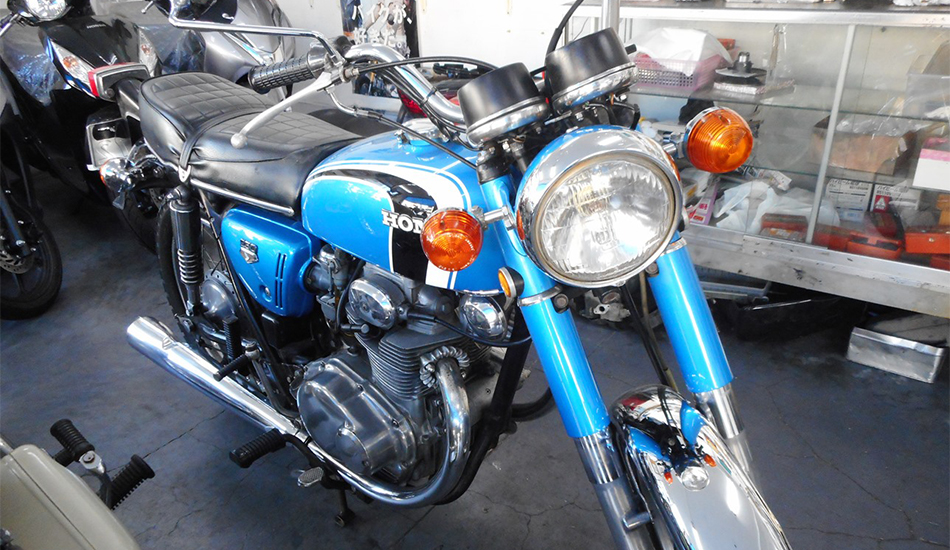Sometimes, Two Wheels Are Better than Four
Published: December 19, 2018
The scene: an endless highway, clear blue skies, a slight breeze, and freedom that seems to stretch for miles into the distance.
Or: the morning rush on a rainy day in the city, the windshield wipers on cars making a rhythmic chorus of wop-wop sounds as they swish back and forth, punctuated by the occasional horn from an impatient driver.
What do they have in common? Well, they’re actually both great conditions for riding a motorcycle!
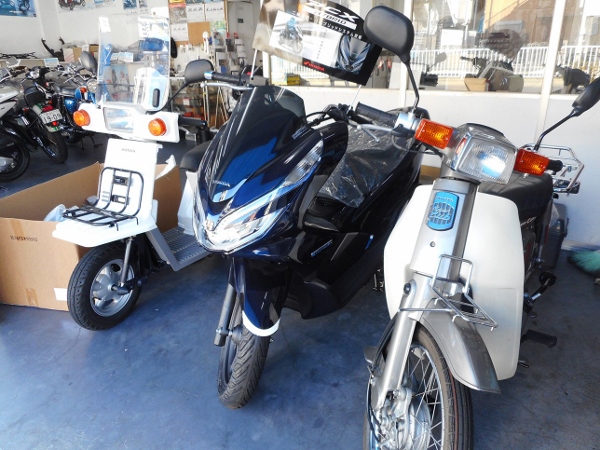
Full disclosure: I don’t ride motorcycles and I don’t know anything about them. But I recently had the chance to visit Auto Shop Koto, a motorcycle store and workshop four decades old that occupies two buildings on the lively Maruhachi-dori Avenue, and learn.
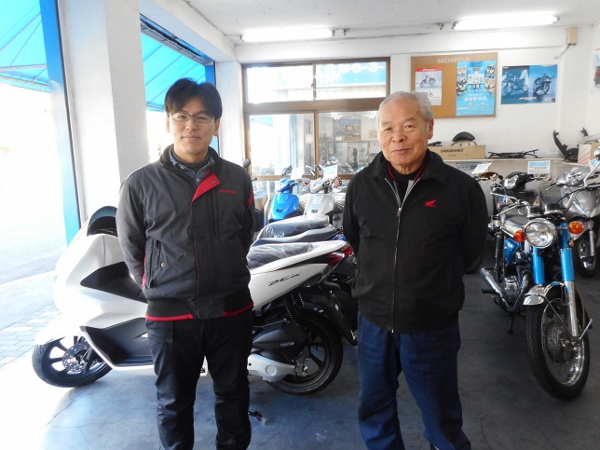
Auto Shop Koto was started by Mr. Ishii senior, a motorcyclist whose passion for the vehicle has never faded.
“They’re great, because they give you so much freedom, and you can maintain one by yourself,” he explained. “You can’t always fix a car by yourself, but you can almost always fix a bike, and that makes a lot of difference in the ease of owning one.”
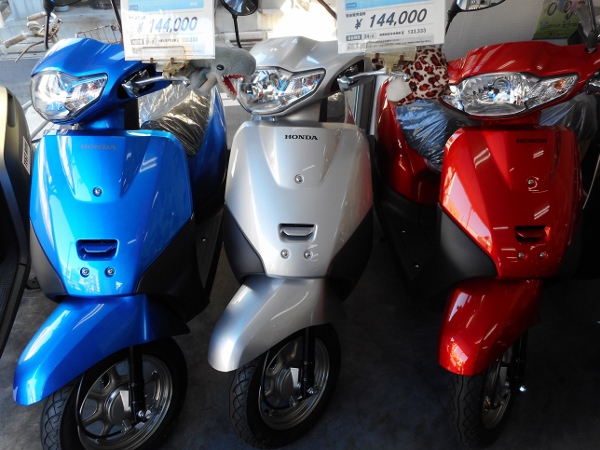
Mr. Ishii junior is the second-generation owner of the store. He grew up playing in the garage and got his motorcycle licence as soon as he could at age 16.
“Motorcycle culture in Japan has changed a lot in the last few decades,” he explained. “There are fewer riders now, and subsequently, fewer models of bikes. The trend is not as strong as before, which is a shame, because a bike is actually a great mode of transportation.”
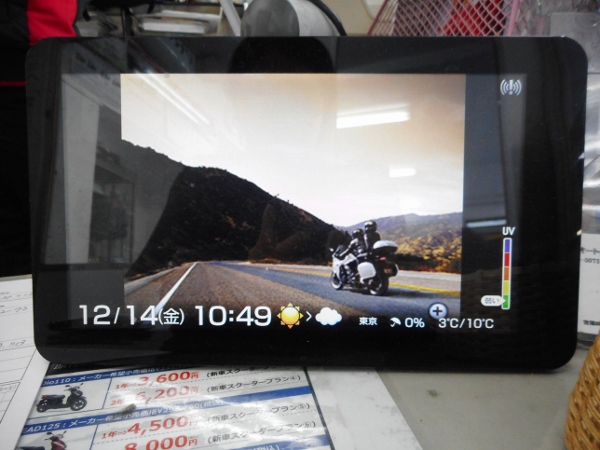
“The best part of owning a motorcycle is how easily and predictably you can get to where you need to go,” Mr. Ishii explained further. “Public transportation is often affected by the weather and can be awful during rush hour. Cars get stuck in traffic jams. A motorcycle can often bypass such issues and get you to your destination in about the expected time, regardless of external factors.”
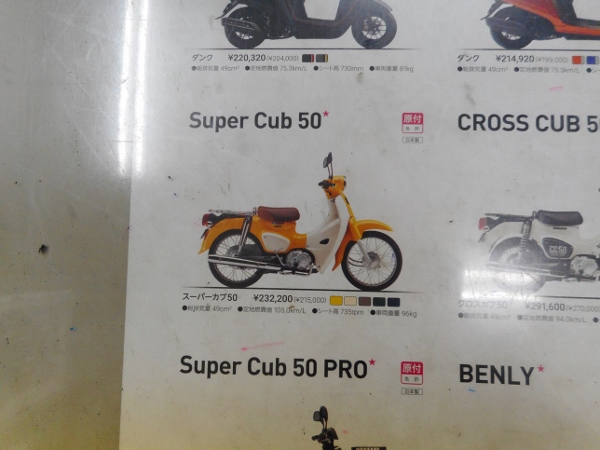
And while there may not be as many designs as in the past, the one available are very stylish. This bright yellow model is apparently quite popular, as are delivery bikes with roofs—a staple at many stores that rely on fast service.
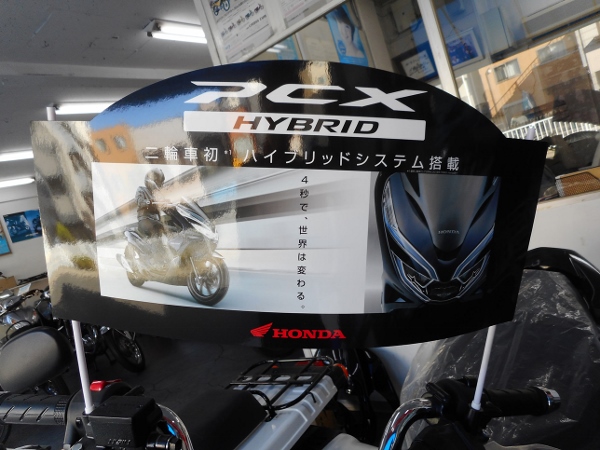
Honda recently produced the first ever hybrid motorcycle as well—a happy bit of news for the environmentally-conscientious rider.
Plus, even if you get a big bike, they’re still more compact than cars, making finding parking (even, or especially in Tokyo) less of a pain.
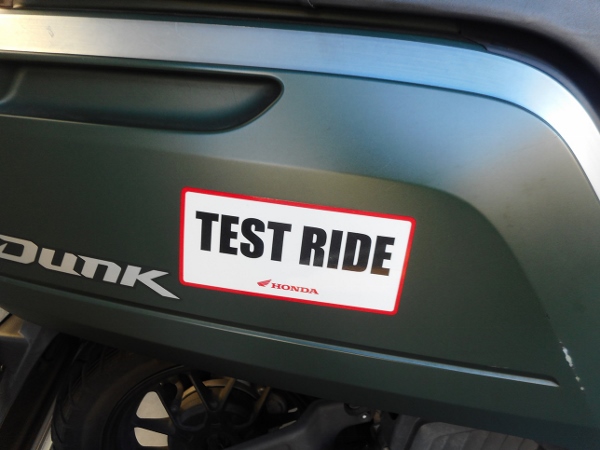
After listening to Mr. Ishii talk so animatedly about motorcycles, I almost wished I could take one for a test drive!
In Japan, getting a motorcycle license can be pretty simple if you’ve already got a driver’s license (either a Japanese one or from your own country with an international driver’s license attached). This enables you to ride “gentsuki” bikes—the lightest models that use <50cc engines. They’re for single riders only, but are often enough for daily life.
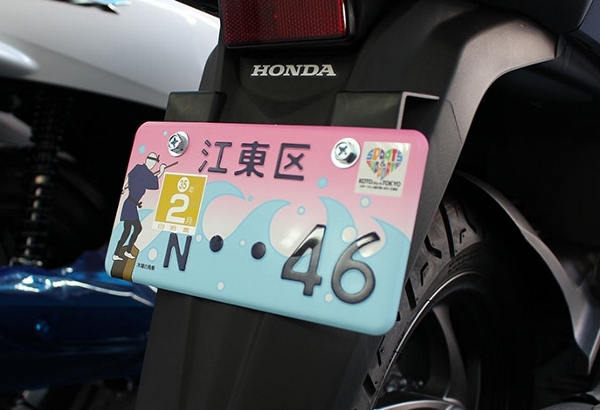
Auto Shop Koto, having serviced the community through multiple generations—from teenagers saving up to buy their first motorcycle to amazingly active “return riders” in their 70s, 80s and even 90s!—can take you through the full process of purchasing a motorbike. Mr. Ishii makes sure to discuss and follow-up on everything with his customers, from Japanese traffic laws to getting insurance and obtaining a license plate. (Side note: in 2018, Koto City finally got its own license plate design!)
“We’ve had several foreign customers,” Mr. Ishii said. “They’re usually residents, and either already know some Japanese, or they’ll bring a friend who speaks the language, and so far we’ve managed well.” The only thing he worries about, he said, is making sure his explanation of traffic laws is understandable.
“For example, if you’re riding a gentsuki bike, you’re limited to going no faster than 30km/hr,” he explained. “Even if the speed limit is 50km/hr, you have to stick to the edges and go slower. I just hope everyone knows and understands little rules like that which might be different from their home countries, so they can ride their motorcycles safely and peacefully. I try to make sure they get as full of an explanation as possible before they ride off.”
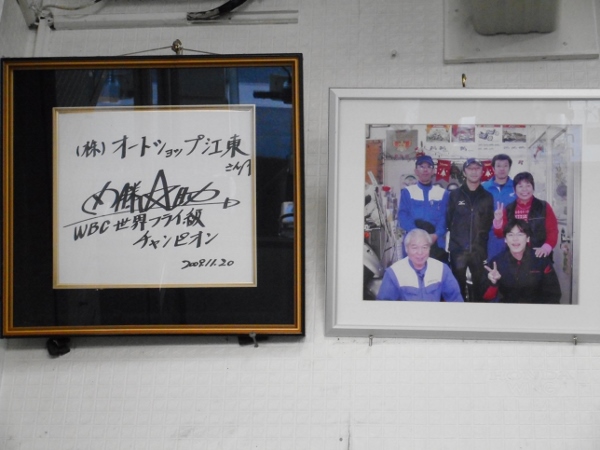
Such care and consideration for customers have taken Auto Shop Koto far in maintaining a loyal community.
Of course, they also do maintenance and repairs. Since motorcycles with engines under 250cc don’t require undergoing the same national vehicle inspection (shaken) as cars, Mr. Ishii suggests taking them in for a quick, yearly inspection at a local shop. “We’ll take any motorcycle, even ones that weren’t sold in our store,” he assured me. Reservations are not necessary, so if you’re in a pinch, just roll your bike in. This is not the case with every garage, so do keep that in mind the next time you’re looking for a mechanic!
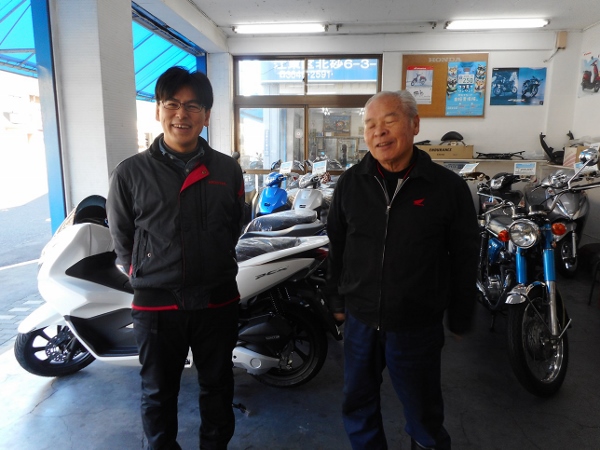
Though I’m still no expert on motorcycles, I did find that visiting Auto Shop Koto opened my eyes to a world that I’d never experienced before. I don’t know if I’ll ever ride a bike of my own, but it’s nice to know there’s a reliable garage nearby in the city if I ever choose to do so 😉
Story and Photos by Xianru Shen(Koto City Office Coordinator for International Relations)

